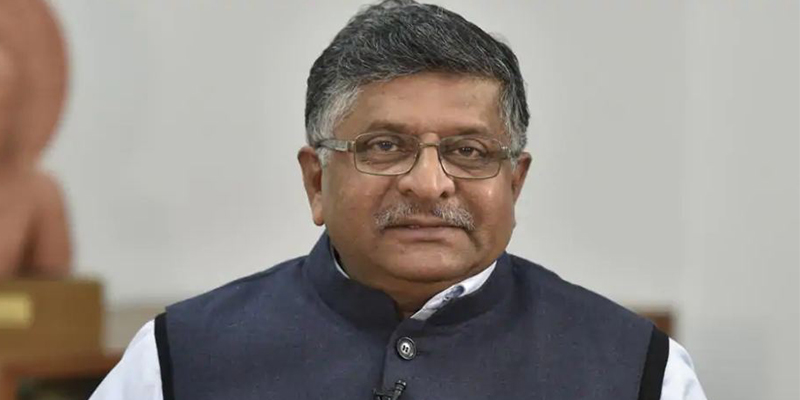Several governorates in the Sultanate of Oman is now going through one of its most famous local activities associated with date palm production known as “Tabseel”, ONA reported. It is an important agricultural season due to its economic returns and continues for two to three weeks.
The process of Tabseel involves the cooking of certain types of dates, particulary the Al Mabsali, Al Madlouki and Abu Naranja, which are boiled in copper pots resistant to rust and withstand high temperature.
The tabseel process begins after the dates have ripened and turned yellow or “busoor”. They are then boiled for 15–20 minutes until they become well cooked or “Al Faghoor”. Next the seeds are sun-dried for 5–10 days depending on weather conditions. Once “Al Faghoor” gets dry, it is packaged and and then sold or exported.
Omani farmers sell their busoor to the government. The Ministry of Commerce and Industry and foreign markets through the government’s export operations are the main buyers. The ministry provides subsidy to farmers who supply their busoor directly to its stores in the various governorates.
Farmers will also get subsidy of RO 62,500 per tonne if they directly export their busoor to foreign markets in 2020, in order to encourage them to find new and alternative markets in which busoor is marketed.
In 2019 the Ministry readied its busoor stores in Al Wadi Al Kabir after to receive supplies and the process was completed on December 31, 2019.
The Ministry advises farmers to maintain the quality of busoor by keeping it clean and free of impurities so that its reputation is intact and can compete in local and foreign markets.






























